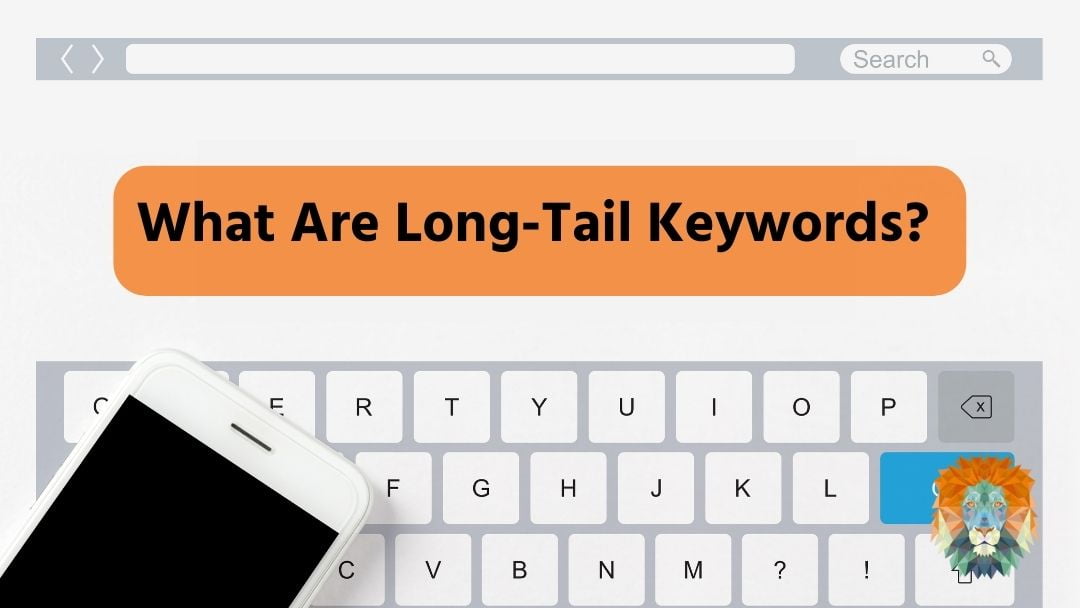If you’re trying to rank higher on Google, drive more leads, or simply get found online by the right people — keyword research is where it all starts.
Understanding what your potential customers are actually searching for is one of the most powerful ways to grow your business through SEO and content marketing. Whether you’re a local plumber, a solicitor, or a salon owner, the right keywords can put your website in front of the people who need your services most.
So, what exactly is keyword research, and why is it crucial for local lead generation? Let’s break it down.
What Is Keyword Research?
Keyword research is the process of discovering the exact words and phrases your ideal customers are typing into Google (or Bing, if they’re feeling adventurous). But it’s not just about choosing the keywords you want to rank for — it’s about uncovering what your audience is actually searching.
Think of it like market research for search engines. The aim is to:
- Understand your audience’s search intent
- Identify opportunities with high search volume and low competition
- Choose the best keywords to target in your website content, blogs, and ads
Done right, keyword research helps your SEO, content marketing, and even your Google Ads campaigns perform better — bringing you more clicks, more calls, and more customers.
Types of Keywords (And Why They Matter)

Different searchers = different goals. That’s why there are several types of keywords to keep in mind:
🎯 1. Informational Keywords
Used by people looking to learn something.
Example: “how to fix a leaky tap”
🔍 2. Navigational Keywords
Used to find a specific brand or website.
Example: “SoNick Marketing”
💡 3. Commercial Investigation Keywords
Used when people are researching their options.
Example: “best SEO agency for trades”
🛒 4. Transactional Keywords
Used by people ready to take action (buy, book, call).
Example: “emergency plumber in Surrey”
📍 5. Local Keywords
Used by people searching for services near them.
Example: “salon SEO agency in Hampshire”
🔗 6. Long-Tail Keywords
These are longer, more specific searches — and they’re often less competitive.
Example: “affordable PPC management for electricians in Farnham”
Want to dig deeper into local search? Read our guide to local SEO for plumbers.
Why Is Keyword Research So Important for SEO?
Search engines like Google use keywords to understand what your website is about. When your content includes the right phrases, you’re more likely to appear in front of people actively looking for what you offer.
Great keyword research can help you:
- Appear on page one of Google
- Reach the right customers at the right time
- Get better results from your website and SEO strategy
- Improve ROI on your Google Ads or PPC campaigns
It’s not just about throwing in keywords and hoping for the best. You need to find terms that are:
- High in search volume – lots of people are searching for them
- Low in competition – not dominated by massive national companies
- Relevant to your services – what your customers actually want
Check out our 10-step SEO guide for higher rankings in 2024 for more practical tips.
How to Choose the Right Keywords for Your Business
Here’s a simple process you can follow to build a strong keyword list:
1. Brainstorm Ideas
Start with basic terms your customers might search for — like “boiler repair in Guildford” or “legal advice in Reading”.
2. Use Keyword Tools
Popular tools include:
- Google Keyword Planner (free)
- SE Ranking (great for local SEO and small businesses)
- Ahrefs or SEMrush (more expensive but powerful)
Look at:
- Search Volume – how popular is the keyword?
- Keyword Difficulty – how hard is it to rank for?
- Search Intent – what is the searcher trying to do?
3. Think Like a Local
Use place names in your research: think “electrician in Fleet” not just “electrician”.
4. Prioritise & Plan
Pick a mix of high-traffic, easy-to-rank-for, and high-intent keywords. Group them by page or service.
Need help crafting content that ranks? Explore our website copywriting service.
Where Should You Use Keywords?
Once you’ve got your list, it’s time to put it to work. Focus on:
- Service pages (each targeting specific services + local areas)
- Blog posts answering common customer questions
- Meta titles & descriptions
- URLs and headings (H1, H2s)
- Google Ads campaigns (targeting high-intent searchers)
For example, our SEO for plumbers guide walks through exactly how to build landing pages around keywords that drive real leads.
Common Keyword Research Mistakes to Avoid
Using the same keywords across every page – leads to cannibalisation (competing with yourself)
Guessing instead of researching – even if something sounds right, check the data!
Ignoring local intent – especially for trades, salons, or legal services
Stuffing keywords – Google isn’t impressed by repetition
Need Help? We’ve Got You.
At SoNick Marketing, we help small businesses like yours turn keyword data into real leads. From local SEO to high-converting websites and Google Ads for trades, our team knows how to get you found online — and fast.
You can even grab a free SEO audit to see how your site is performing now and where the biggest opportunities lie.
👉 Let’s grow your local presence — we’ll help you pick the right keywords, create content that ranks, and build a strategy that brings in results.




0 Comments